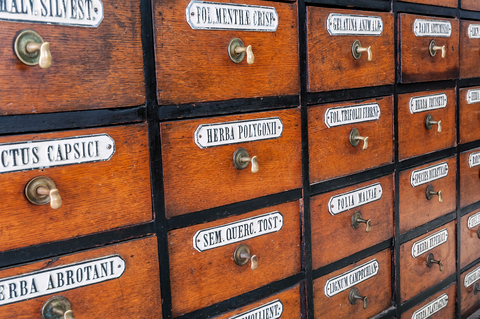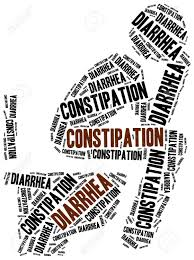Home Remedies for Varicose Veins
"Let food be your medicine and your medicine be your food. Each one of the substances in a person's diet, acts upon the body and changes it in some unique way, and upon these changes the whole life depends, whether in health, in sickness or convalescent."
Hippocrates 2 000 years ago.
Welcome to our website, a sanctuary of natural remedies dedicated to helping you find relief from the discomfort and appearance of varicose veins.
If you are seeking gentle yet effective alternatives to traditional treatments, you're in the right place.
We have carefully curated a collection remedies derived from the goodness of nature. From the detoxifying properties of parsley and the anti-oxidant rich trio of blueberries, billberries and grapes, to the healing capabilities of apple cider vinegar, bay leaf's plain dark chocolate, aloe vera gel, cayenne, horse chestnut, witch hazel and castor oil - have everything you need to naturally combat varicose veins and restore your confidence.
Join us on this journey to discover the wonders of nature and unlock the secret to healthier, more vibrant legs.

What are Varicose Veins?
- Varicose veins are caused by a malfunctioning of the valves inside the veins.
- This causes the blood to flow back into the veins stretching them until they lose their elasticity and causing the blood to pool, which is what causes the bulging, almost purple like veins.
Symptoms of Varicose Veins
- Dull Pain
- Swelling
- Restlessness
- Itching
- Leg cramps
- Leg sores
- Feeling of heaviness in the legs
What Causes or Contributes to the Formation of Varicose Veins
- Hereditary (You can blame Mom for this!)
- Excess weight
- Heavy lifting
- Pregnancy
- Constipation
- Liver disease
- Poor Circulation
- Hormone Replacement Therapy
- Birth control pills
Possible Complications of Varicose Veins
- Bleeding under the skin
- Ulcers near the ankle
- Inflammation of a vein
- Deep vein blood clots
And now we are going to introduce you to some really simple, but, genuine home remedies for varicose veins.
Parsley
|
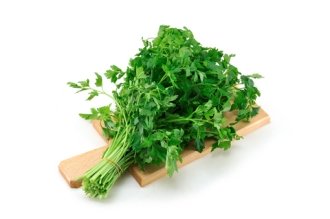 |
Why Parsley?
- Parsley contains rutin which, by taking 20 to 100mg per day, will significantly strengthen the capillaries.
- A single ounce of parsley can contain 180mg of rutin.
- Buckwheat, if you like it, also contains the capillary strengthening compound Rutin
Blueberries, Billberries and Grapes
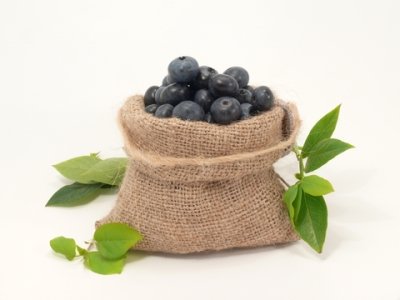 |
|
- As a bonus they are also high in fiber which will help prevent constipation, which is often a trigger for hemorrhoids (varicose veins).
Can Apple Cider Vinegar Reduce Varicose Veins?
|
People continuously ask this question "Can Apple Cider Vinegar reduce Varicose Veins", and the answer is we do not believe that there is any scientific reasons why it can do this, but we do know that it is believed to help with the symptoms i.e.
|
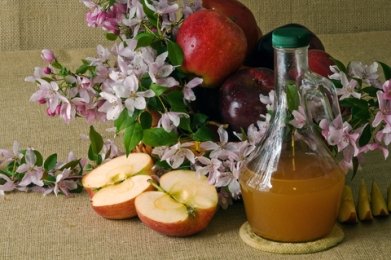 |
BAY LEAVES
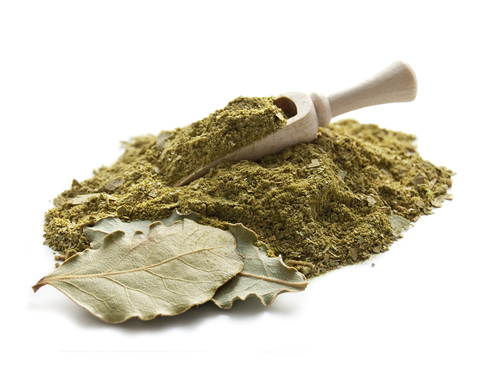 |
Ingredients
Method
|
- Bay leaves are jam packed with antioxidants, vitamins and minerals.
- They also contain Rutin which helps to strengthen capillary walls, as does the parsley above
- Olive oil is an excellent moisturizer and lubricant when used as a topical vehicle for the extract of bay leaves.
Plain Dark Chocolate
|
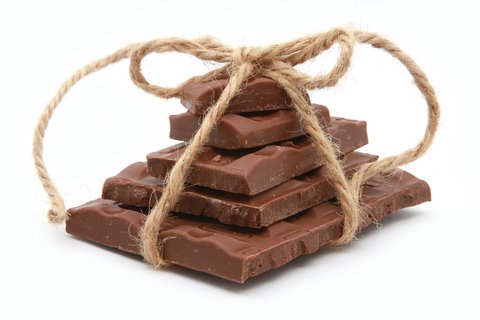 |
- Chocolates are high in flavonoids and one of the benefits of foods high in flavonoids is protection against varicose veins by reducing the permeability of the capillaries.
The Do's and Don'ts for Varicose Vein Sufferers
|
Dont's
|
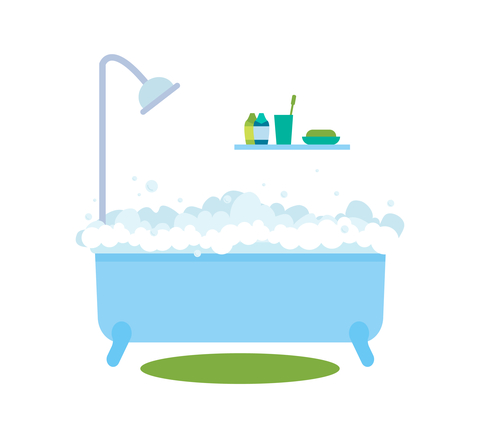 Hot Bath is a no no!! Hot Bath is a no no!! |
DO's
|
Aloe Vera Gel
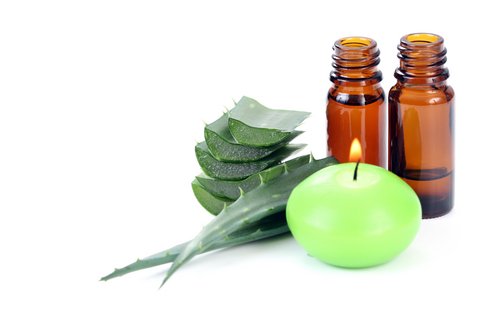 |
|
Cayenne
|
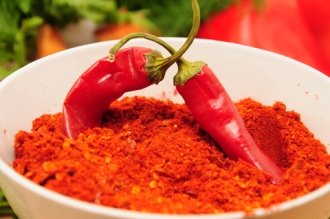 |
Horse Chestnut
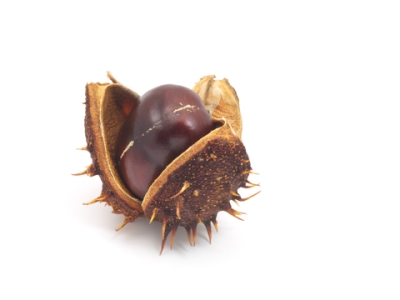 |
|
- Horse Chestnut has a long history as a traditional herbal medicine for varicose veins as well as for hemorrhoids.
- Research has shown that this is due to the active compound aescin, found in the horse chestnut which helps strengthen capillary cells, which in turn reduces fluid leakage.
Witch Hazel
|
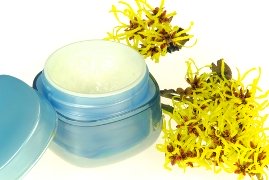
|
Castor Oil
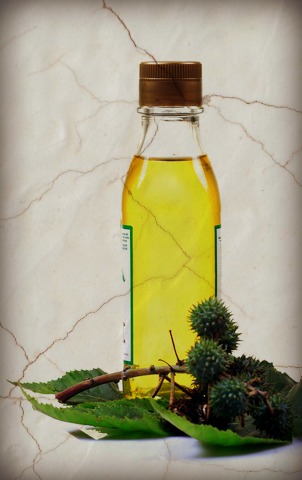 |
|
IMPORTANT NOTICE
Home Remedies Haven would like to reassure all the visitors to our site, that we respect your privacy and do not in any way sell personal information.
